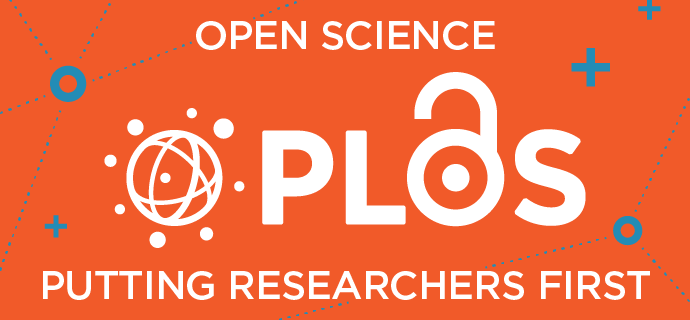Meet the FREYA partners: PLOS
Many different organisations are involved in FREYA and in this blog post series we take a closer look at the partners and their work. This time you can read about PLOS.
What is the mission of your organisation?
PLOS is a nonprofit, Open Access publisher. We publish seven journals: PLOS Biology, PLOS Medicine, PLOS Computational Biology, PLOS Genetics, PLOS Pathogens, PLOS Neglected Tropical Diseases, and, of course, PLOS ONE.
These journals all played a significant role in propelling the movement for OA into the mainstream. PLOS ONE was the first multi-disciplinary publication inclusive of all rigorous and ethical research regardless of novelty or impact, a type of journal that is now common across many publishers. In 2014 we demonstrated the importance and potential of open data availability with our bold open data policy requiring authors to make all data necessary to replicate their study’s findings publicly available without restriction at the time of publication.
Today, we would say our mission as a wholly OA publisher is to serve the integrity of science, and to empower researchers to transform science. Beyond OA publishing we are interested in matters such as reproducibility, fighting publication bias, new models of assessment and credit, accelerating publication, and sustainable OA business models beyond the APC, among others.
Around 180 people work at PLOS. We have 2 office locations--San Francisco, CA, USA, and Cambridge, UK--but many of our employees are remote and spread out across the US and UK.

Why are PIDs important (for your organisation)?
As a mission-minded publisher serving the integrity of science, and encouraging authors to tell the full story of their science, we’re hyper-aware of the importance of the continuum of research which yields preprints, proposed analyses, datasets, protocols, figures, and peer review documents, etc. Some of these items live on our platform, but many live on other platforms or repositories. All publishers are supposed to “record the minutes of science” and these records simply do not do their job properly if the PIDs supporting and connecting them are not there, or not robust. To truly discover the full story of research, and the underlying data, you need PIDs.
What do you do in FREYA?
PLOS is an unfunded partner in the FREYA project. To date we have participated in various workgroup calls, assisted with some feedback and research related to the Knowledge Hub resource, written and reviewed content for the Knowledge Hub located on the PID Forum, and written and reviewed content for the D4.4 deliverable “Organizational IDs in practice”.
We recently published an article in PLOS ONE with funding from Wellcome which links to 2 Grant DOIs in Europe PMC (https://doi.org/10.35802/207522 and https://doi.org/10.35802/107769).
What would your perfect (PID) world look like?
I think, for a publisher, the perfect PID world would include researchers being aware of all the resources they can and should link to via PIDs (reagents, materials, methods, code, protocols, datasets, grant IDs, funder IDs, etc.) which we could then easily verify and simply publish. Or, a world where a scan of a document by a tool would flag and look up all the things that could be linked to via PID! Furthermore, a fully realized PID graph would enable more reproducibility, transparency, and ultimately, trust in science.
More information
PLOS’ website is www.plos.org, but we regularly talk about open science topics on our Official PLOS Blog here: https://blogs.plos.org/plos/ and point to it via our main Twitter account here: https://twitter.com/PLOS